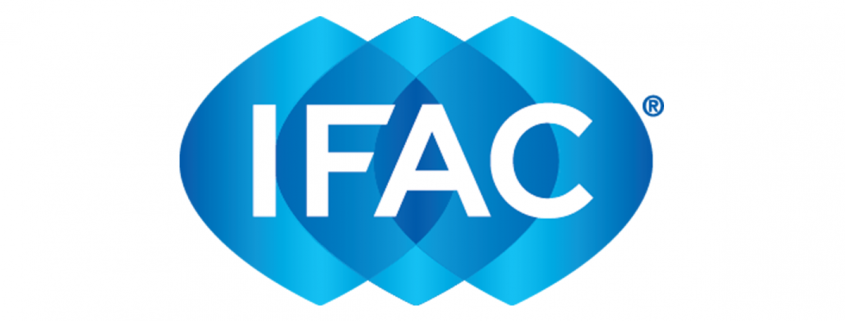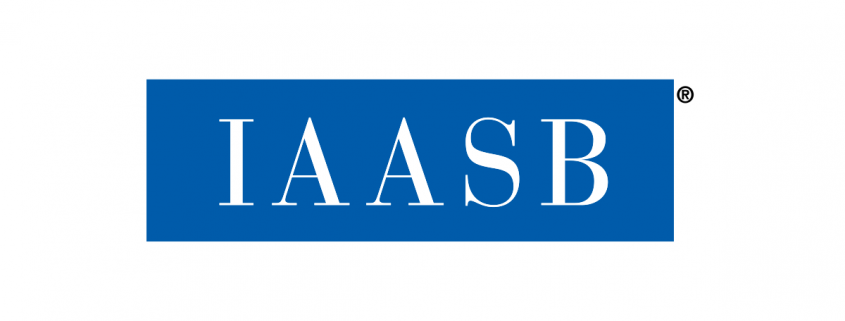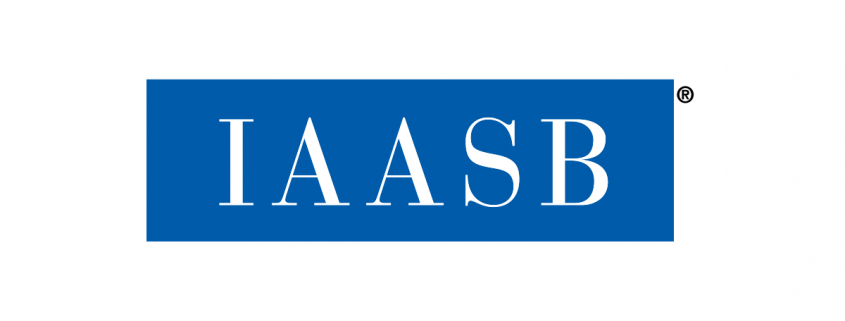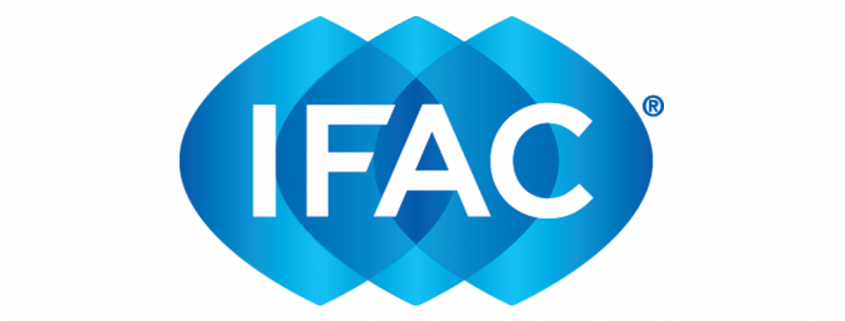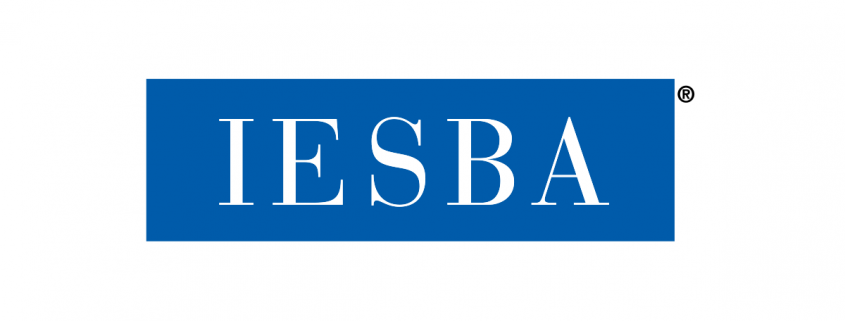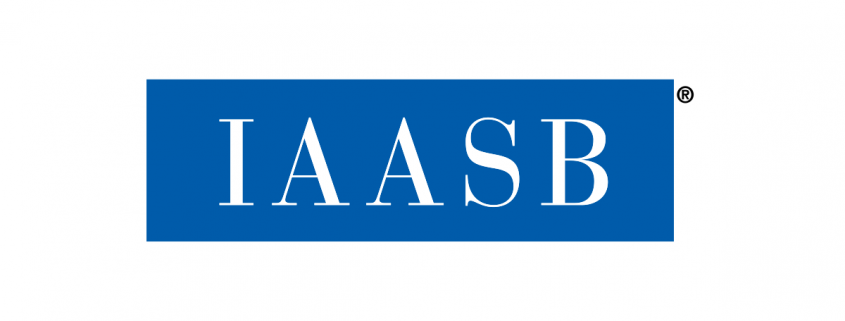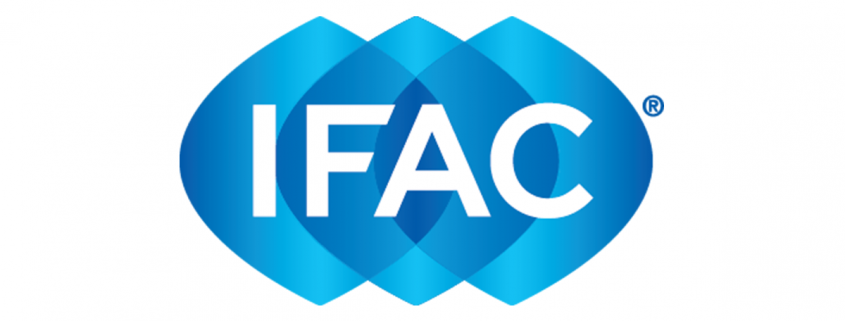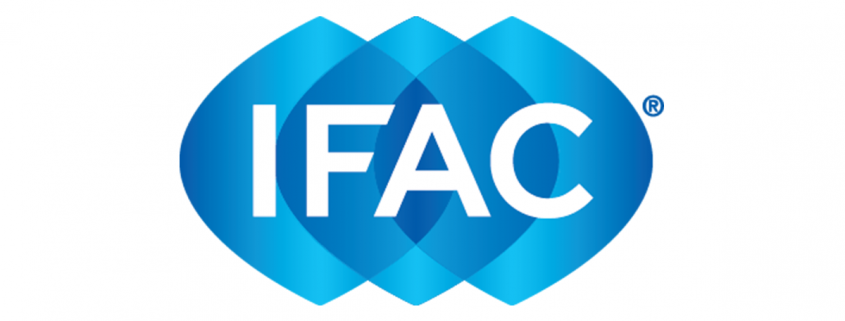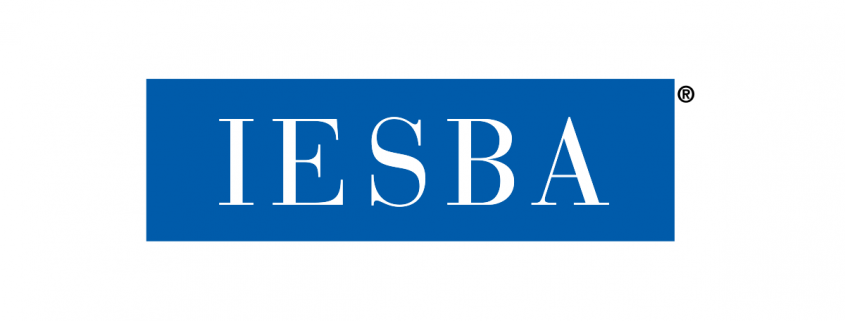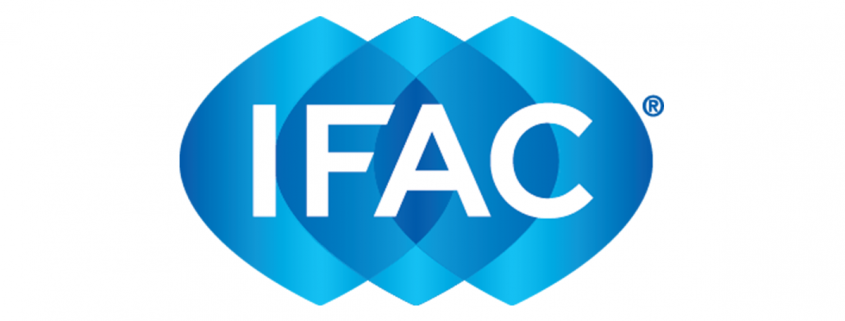IFAC Comment Letter to the US SEC
We applaud the Commission’s leadership in prompting this important conversation. IFAC supports including a broader range of information in corporate reporting so that organizations can communicate more effectively—and stakeholders can better understand—prospects for longer-term value creation. We believe that companies who adopt an “integrated mindset”—insight gained by management and those charged with governance from both…

